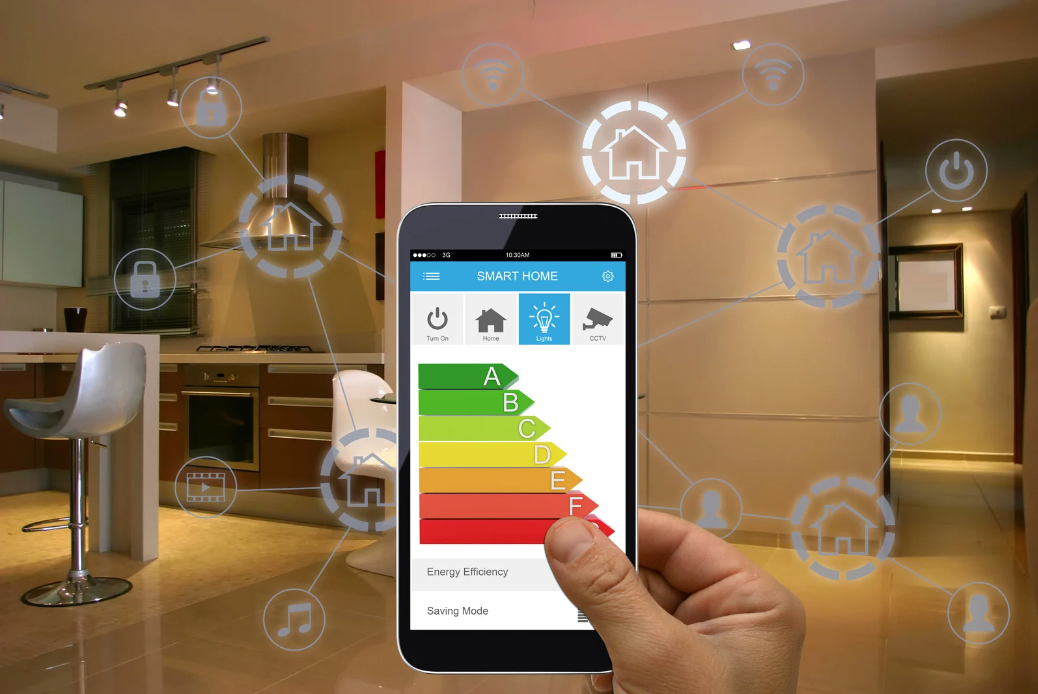Veterans can experience a challenging housing market in much more frustrating ways than other buyers.…
VA Home Improvements and Structural Alterations (HISA) Program
The VA Home Improvements and Structural Alterations (HISA) Program is a crucial resource designed to help veterans adapt their homes to meet their specific needs. This guide will provide an in-depth look at the HISA Program, including its benefits, eligibility criteria, and the application process.
Understanding the HISA Program
The HISA Program provides financial assistance to veterans for necessary home improvements and structural alterations. These modifications are intended to ensure that veterans can live in their homes with greater ease and independence.
Key Features of the HISA Program
- Maximum Grant Amount: The HISA Program offers up to $6,800 for veterans with service-connected disabilities and up to $2,000 for veterans with non-service-connected disabilities.
- Purpose: Grants are provided for home improvements that are essential for the continuation of treatment or to enable the veteran to access their home and essential facilities within it.
- Accessibility Focus: The program aims to make homes more accessible and safe for veterans, enhancing their quality of life and independence.
Who is Eligible for the HISA Program?
Eligibility for the HISA Program is open to veterans who have received a medical determination indicating that improvements and structural alterations are necessary for the treatment of their disabilities. This can include both service-connected and non-service-connected disabilities.
Specific Eligibility Criteria
- Service-Connected Disabilities: Veterans with disabilities directly connected to their military service are eligible for up to $6,800 in grant money.
- Non-Service-Connected Disabilities: Veterans with disabilities not related to their military service can receive up to $2,000.
Types of Improvements Covered
- Accessibility Enhancements: Installation of ramps, railings, and widened doorways to accommodate wheelchairs or other mobility devices.
- Bathroom Modifications: Adaptations such as roll-in showers, grab bars, and raised toilet seats to improve safety and accessibility.
- Kitchen Modifications: Lowering countertops and cabinets to make them accessible for veterans with mobility impairments.
- Structural Changes: Alterations to the home’s structure to improve safety and access, such as widening hallways and installing stair lifts.
How to Apply for the HISA Program
Applying for the HISA Program involves a straightforward process. Here’s how to get started:
- Obtain a Medical Prescription: A VA physician or occupational therapist must provide a medical prescription detailing the necessary home improvements or structural alterations.
- Complete VA Form 10-0103: This form is used to apply for the HISA Grant. It can be obtained from the VA website or your local VA medical center.
- Submit the Application: Submit the completed form, along with the medical prescription, to the Prosthetic and Sensory Aids Service (PSAS) at your local VA medical center.
- Assessment and Approval: The application will be reviewed, and if approved, the veteran will receive funding for the necessary modifications.
Tips for a Successful Application
- Detailed Medical Prescription: Ensure that the medical prescription clearly outlines the specific home improvements or structural alterations needed.
- Accurate Documentation: Provide all required documentation, including proof of disability and ownership or rental agreement for the property.
- Consultation with Professionals: Work with VA-approved contractors or specialists who understand the specific requirements for the HISA Program.
The Impact of the HISA Program
The HISA Program has a significant impact on the lives of veterans, enabling them to live more comfortably and independently. By providing financial assistance for essential home modifications, the program helps veterans navigate their daily lives with greater ease and safety.
Real-Life Examples
- Mike’s Story: Mike, a veteran with limited mobility, used a HISA Grant to install a wheelchair ramp and modify his bathroom with a roll-in shower and grab bars. These changes have drastically improved his ability to move around his home independently.
- Lisa’s Story: Lisa, who has severe arthritis, used her grant to lower kitchen countertops and install handrails throughout her home. These modifications have made it much easier for her to perform daily tasks.
Conclusion
The VA Home Improvements and Structural Alterations (HISA) Program is a vital resource for veterans needing home modifications to improve accessibility and safety. By providing financial assistance for these essential changes, the HISA Program helps ensure that veterans can live with greater comfort and independence. If you or someone you know could benefit from the HISA Program, we encourage you to apply today and take the first step towards a more accessible home.
Thank you for your service, and thank you for taking the time to learn about this important program. Your path to a more comfortable and accessible home starts here.
Frequently Asked Questions (FAQ) About the VA Home Improvements and Structural Alterations (HISA) Program
What is the VA Home Improvements and Structural Alterations (HISA) Program?
The VA Home Improvements and Structural Alterations (HISA) Program provides financial assistance to veterans for necessary home improvements and structural alterations. These modifications help ensure that veterans can live in their homes with greater ease and independence.
Who is eligible for the HISA Program?
Eligibility for the HISA Program is open to veterans who have received a medical determination indicating that home improvements and structural alterations are necessary for the treatment of their disabilities. This includes both service-connected and non-service-connected disabilities.
What are the specific eligibility criteria for the HISA Program?
- Service-Connected Disabilities: Veterans with disabilities directly connected to their military service are eligible for up to $6,800 in grant money.
- Non-Service-Connected Disabilities: Veterans with disabilities not related to their military service can receive up to $2,000.
What types of home improvements are covered under the HISA Program?
The HISA Program covers a variety of home improvements and structural alterations, including:
- Accessibility Enhancements: Installation of ramps, railings, and widened doorways to accommodate wheelchairs or other mobility devices.
- Bathroom Modifications: Adaptations such as roll-in showers, grab bars, and raised toilet seats to improve safety and accessibility.
- Kitchen Modifications: Lowering countertops and cabinets to make them accessible for veterans with mobility impairments.
- Structural Changes: Alterations to the home’s structure to improve safety and access, such as widening hallways and installing stair lifts.
How do I apply for the HISA Program?
Applying for the HISA Program involves the following steps:
- Obtain a Medical Prescription: A VA physician or occupational therapist must provide a medical prescription detailing the necessary home improvements or structural alterations.
- Complete VA Form 10-0103: This form is used to apply for the HISA Grant. It can be obtained from the VA website or your local VA medical center.
- Submit the Application: Submit the completed form, along with the medical prescription, to the Prosthetic and Sensory Aids Service (PSAS) at your local VA medical center.
- Assessment and Approval: The application will be reviewed, and if approved, the veteran will receive funding for the necessary modifications.
What documentation is required for the HISA Program application?
To support your HISA Program application, you will need:
- A completed VA Form 10-0103
- A medical prescription from a VA physician or occupational therapist outlining the necessary home improvements or structural alterations
- Proof of disability
- Proof of ownership or rental agreement for the property to be modified
Can HISA Grants be used in conjunction with other VA housing grants?
Yes, veterans can use HISA Grants in conjunction with other VA housing grants, such as the Specialty Adapted Housing (SAH) Grants and the Special Housing Adaptation (SHA) Grants, provided they meet the eligibility criteria for each program.
How long does it take to receive a HISA Grant?
The processing time for HISA Grants can vary depending on the completeness of the application and the VA’s current workload. It is important to ensure that all required documentation is provided to avoid delays. Veterans can follow up with their local VA medical center for updates on their application status.
What should I do if my HISA Grant application is denied?
If your HISA Grant application is denied, you can appeal the decision. Detailed information about the appeals process can be obtained from the VA’s website or by contacting your local VA medical center. Seeking assistance from a Veterans Service Officer (VSO) can also be beneficial during the appeals process.
Are there resources available to help with the HISA Grant application process?
Yes, veterans can seek assistance from Veterans Service Officers (VSOs) who can help with the application process and ensure all paperwork is correctly completed. Additionally, VA-approved contractors and specialists can provide guidance on the specific requirements for home modifications.
For more information and to start your application, visit the VA’s website or contact your local VA medical center. Your path to a more accessible and comfortable home starts with the VA Home Improvements and Structural Alterations (HISA) Program.




